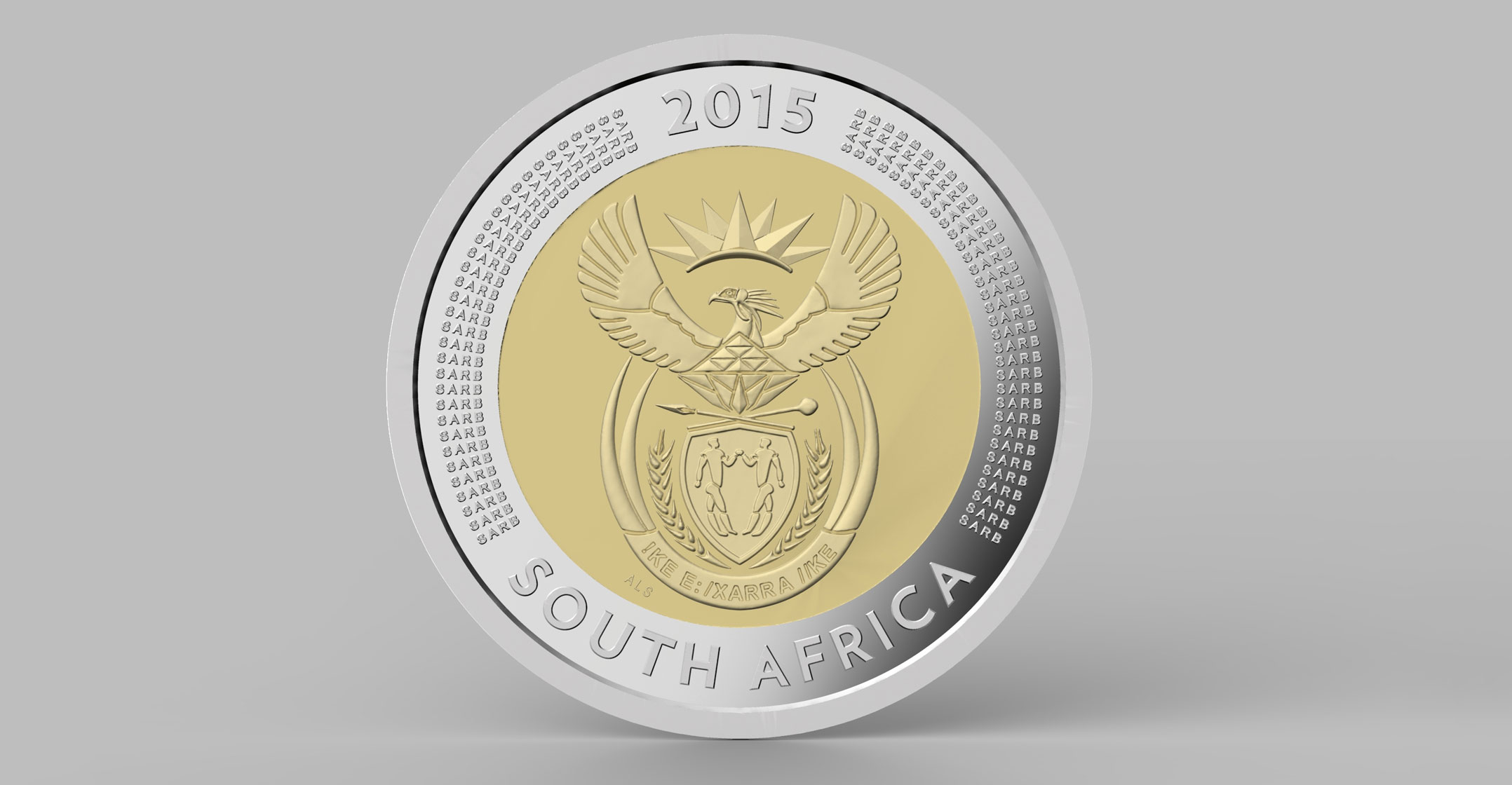
[dropcap]S[/dropcap]outh Africa’s graft ombudsman has suggested changes to the nation’s constitution to amend the Reserve Bank’s primary objective of protecting the value of the currency.
The chairman of parliament’s justice committee should start a process to change section 224 that sets out the central bank’s primary objective, public protector Busisiwe Mkhwebane said in a report handed to reporters in Pretoria on Monday.
The proposed amendments remove the reference to the Reserve Bank’s role to protect the value of the rand, a key element of the regulator’s inflation-targeting mandate.
Mkhwebane calls for the section to say “the primary object of the South African Reserve Bank is to promote balanced and sustainable economic growth in the republic, while ensuring that the socioeconomic well-being of the citizens is protected”.
The central bank’s independence is protected by the constitution and is cited as a pillar of institutional strength by credit-rating companies and investors. Altering the mandate may add to policy uncertainty after a cabinet reshuffle in March and changes to other regulations, including the Mining Charter. While Mkhwebane can propose changes to the constitution, she can’t order parliament to alter the law. A two-thirds majority of lawmakers is needed to change the constitution.
The rand extended a decline after the comments and was 1.6% weaker at R13.02/US$ by 8.57pm in Johannesburg.
“The market doesn’t like the fact that they’re looking at changing the constitution or the mandate of the Reserve Bank,” Wichard Cilliers, a trader at TreasuryOne, said by phone. “There is concern about institutions being undermined.”
Bailout
Mkhwebane’s suggestions were part of recommendations following an investigation into a Reserve Bank bailout for Bankorp, a unit of Barclays Africa, almost three decades ago.
The proposal comes at a “sensitive time and is highly dangerous”, Peter Attard Montalto, an economist at Nomura International, said by e-mail. “A mandate change to the [monetary policy committee] is much easier and could happen at any time from the finance minister. The Reserve Bank is one of the last few remaining bastions of sensible independent policy making.”
The central bank has a mandate from the government to target inflation in a range of 3-6%. There is no long-term trade-off between growth and inflation, Reserve Bank governor Lesetja Kganyago said in a speech late on Monday in Johannesburg.
“We sometimes hear the objection that targeting inflation is bad for growth; that is, one part of our constitutional mandate conflicts with the other, and protecting the buying power of the rand is anti-development,” he said. “Keeping inflation low, protecting the value of the currency, is supportive of growth.”
Mkhwebane also proposes that the constitution requires “regular consultation between the bank and parliament to achieve meaningful socioeconomic transformation”. The law currently states the central bank must consult with the finance minister.
“The public protector can’t order parliament to change legislation, including the constitution,” Pierre de Vos, a law professor at the University of Cape Town, said by phone. Any decision to change the central bank’s mandate would “depend on the politicians”, he said.
The central bank is studying Mkhwebane’s report and will announce its response later, it said in an e-mailed statement. The national treasury has noted the report and isn’t in a position to comment yet as it hasn’t received it from the public protector’s office, it said in a text message. — Reported by Amogelang Mbatha and Mike Cohen, with assistance from Robert Brand and Vernon Wessels, (c) 2017 Bloomberg LP




